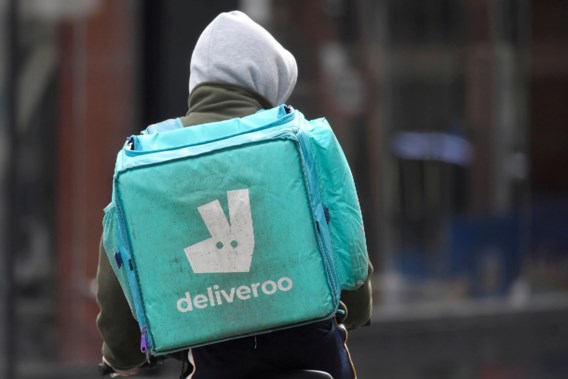Platform
As temporary President of the Council of the EU, Belgium has been able to reach an agreement with negotiators from the European Parliament on new legislation that should improve the fate of Uber drivers and Deliveroo couriers, among others. “But the race is not over yet.”
After an agreement negotiated by Spain between the EU Member States and the European Parliament was shot down in injury time by some Member States, Belgium, as temporary President of the Council of the European Union, managed to negotiate a provisional political agreement on new European legislation that should improve the lot of so-called platform workers.
With a new directive, the European Union hopes to bring more legal certainty to the estimated 28 million people who work with or for a digital platform, such as Uber or Deliveroo. The lion’s share of them do this as self-employed, but there has been criticism for some time that in some cases this concerns bogus self-employment, as a result of which they do not enjoy the necessary social protection that they would be entitled to as an employee, such as holiday pay or sick leave.
Resists
In December, under the Spanish Presidency of the Council, an agreement was reached with the European Parliament on a new directive, which would determine on the basis of five criteria whether or not someone should be considered self-employed or employed. But a few days later, twelve member states (the Baltic states, Bulgaria, the Czech Republic, Finland, France, Greece, Hungary, Italy, Sweden and Ireland) opposed the compromise, while Germany had to abstain due to disagreements in the governing coalition. The main argument for rejecting it was that it is up to the Member States themselves to determine which status a worker should receive.
Belgium then developed a new proposal, whereby member states can retain their own system for adjudicating on the status, but where platform workers or their representatives can more easily challenge their status without having to end up in lengthy legal proceedings. Belgian Minister of Economy Pierre-Yves Dermagne (PS) managed to convince European Parliament negotiators to agree to the proposal.
New rules for algorithms
That proposal also contains new rules for the use of algorithms by platforms to manage workers. These require platforms to provide more transparency about those algorithms. If the law were ultimately adopted, “it would be a global first for comprehensive rules for algorithmic management,” said EU MP Sara Matthieu (Green).
The agreement will be presented to the member states on Friday. The position of Paris in particular, which absolutely wants to stick to its own system, seems to be becoming decisive. After that, the entire European Parliament must also consider it. Dermagne’s cabinet emphasizes that the “race is not yet over”.


